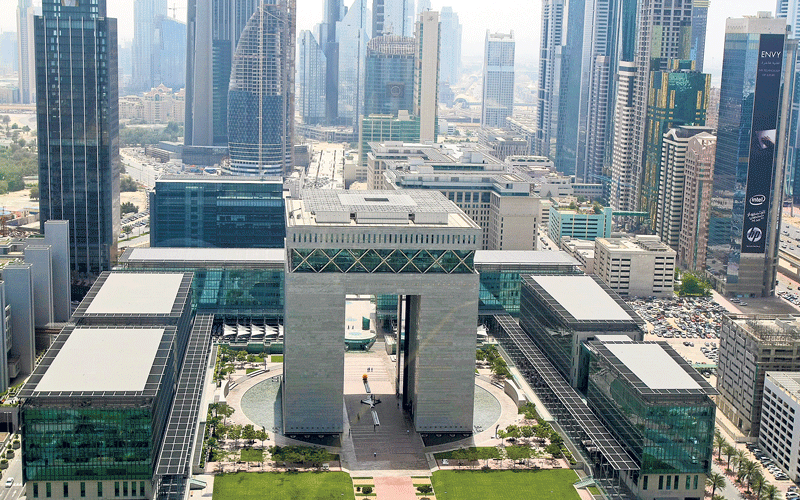
Ahead of the two leaders’ meeting in Washington, D.C., on Monday, top officials stated that Emirati President Sheikh Mohammed bin Zayed Al Nahyan’s first official visit to the US is intended to advance the UAE-US relationship to a new “geo-economic phase” focused on economic growth and innovation.
The most senior diplomatic advisor to the Emirati leader, Anwar Gargash, told reporters during a briefing in Dubai on Thursday that the visit’s goal was to “invest in our future … through an economic lens” from an Emirati standpoint.
Major regional issues like the Gaza war will be discussed during Sheikh Mohammed’s meeting with U.S. President Joe Biden and Vice President Kamala Harris, but Gargash stated that the main goal is economic realignment as the UAE aims to move the relationship beyond the conventional focus of regional conflict, oil, and defense.
“We are more in a geo-economic phase,” Gargash stated, implying that the president of the United Arab Emirates will aim to broaden collaboration in critical sectors such as artificial intelligence, renewable energy, climate, and space, in addition to economic and security cooperation.
Just before the visit, Yousef al-Otaiba, the Emirati ambassador to Washington, wrote on X, “The two leaders will highlight a half century trajectory of UAE-U.S. partnership in trade, investment, and security.” He went on to say that “very few nations are advancing artificial intelligence and advanced technologies as quickly — and as closely in line with the U.S. — as the UAE.”
The UAE might act as the global “regulatory sandbox” for testing artificial intelligence, according to OpenAI CEO Sam Altman in February. In April, Microsoft made a significant $1.5 billion investment in G42, the leading artificial intelligence company in the United Arab Emirates.
The UAE’s strategic reliance on U.S. technology and AI to propel future economic growth is highlighted by the recent announcement of the Global AI Infrastructure Investment Partnership by BlackRock, Global Infrastructure Partners, Microsoft, and the Mubadala-backed MGX investment group.